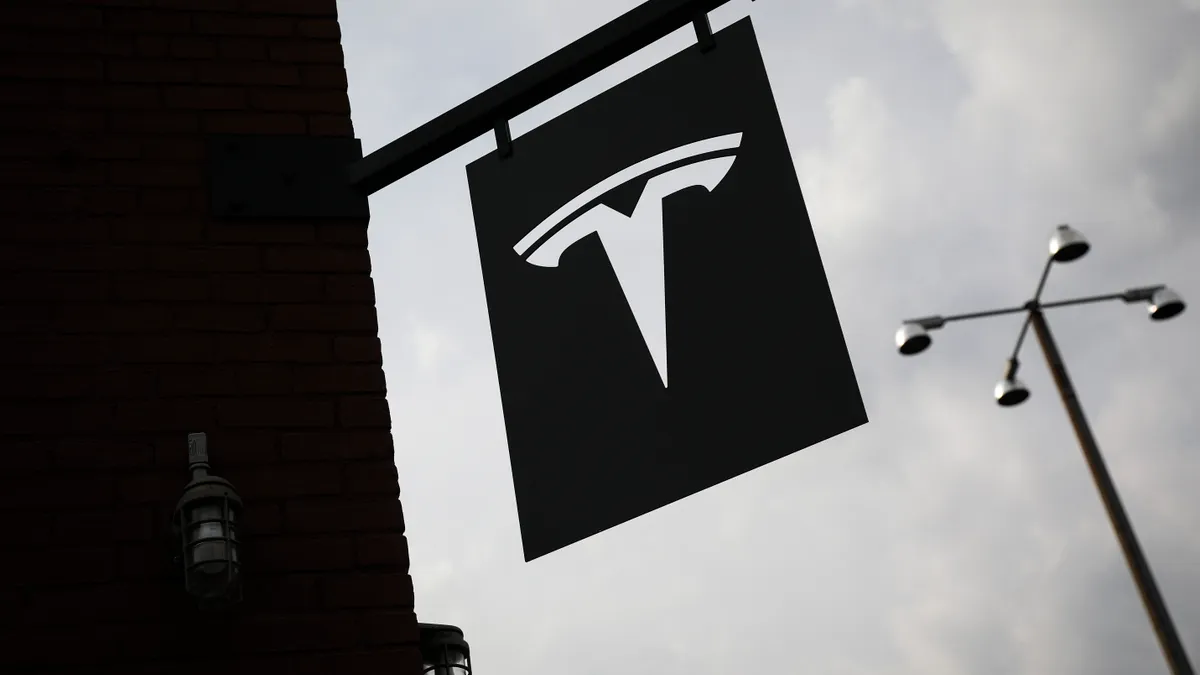An arbitration clause in the contracts customers sign when they buy a Tesla has helped the company avoid expensive lawsuits, including class action lawsuits, that bedevil other carmakers, The New York Times reported. But it’s possible the tactic will come back to haunt it.
Unlike its competitors, the company sells its cars directly to consumers rather than through dealers, enabling it to rely on the clause if a consumer or a class of consumers tries to sue the company.
“Disputes between buyers and Tesla ‘will not be decided by a judge or jury but instead by a single arbitrator,’ the agreement says,” according to The Times.
Ford and other carmakers are starting to follow suit by inserting arbitration clauses in their contracts, but because they sell through dealers, they’ve been inserting the clauses in contracts with buyers who take out a loan through their credit divisions.
Private proceedings
By channeling actions through the arbitration process, Tesla, founded and led by Elon Musk, avoids the expense of lawsuits but it also keeps potentially damaging information about its cars from getting out to the public.
Last month, a class of consumers trying to sue the company for what they believe are misleading claims about Tesla’s self-driving capabilities hit a snag when Tesla asked the judge to move the complaints to arbitration.
Because of the contract clause, the judge is expected to agree, The Times reported, which would keep potentially new details about the car’s self-driving mode from getting out to the public.
Cynthia Estlund, a professor of law at New York University, called arbitration a “black hole” because it helps companies make complaints effectively disappear.
“Arbitrators, often retired judges, typically hear cases in private, unlike courts open to the public,” The Times said, referencing Estlund’s remarks.
Buyers have the flexibility to opt out of arbitration but the option is buried in the fine print and is cumbersome to do, because it requires sending Tesla a letter within a month of buying the car.
“Few are aware of or exercise that option,” a plaintiff’s lawyer told The Times.
Employment contracts
Tesla also uses the arbitration clause in the contracts that people sign when they’re hired to work at the company. The arbitration requirement prevents employees, if they’re part of a mass lay-off, from suing the company as part of a class action.
But Shannon Liss-Riordan is hoping to use the process against the company.
A partner at Lichten & Liss-Riodan in Boston, Liss-Riordan is representing a number of people that Tesla let go in a mass lay-off. The former employees feel the company didn’t give them adequate notice.
The employees wanted to have their complaint heard as a class-action lawsuit, but a judge has cited the arbitration clause in dismissing that effort, The Times reported.
Liss-Riordan told The Times the employees’ Plan B is to use the arbitration process as a kind of hammer by having each one of the laid-off employees file an identical individual claim, essentially flooding the system with proceedings.
Mass arbitration as a legal tactic has grown along with companies’ use of forced arbitration. It makes the arbitration process a burden for companies because of the filing fees and logistics of managing so many claims.
Twitter lessons
Liss-Riordan isn’t the only lawyer who’s trying to use mass arbitrations against a Musk-led company.
Akiva Cohen, a partner with Kamerman, Uncyk, Soniker & Klein, has promised to use the tactic against Twitter if the company doesn’t pay the full severance package that employees were promised before they were subject to mass layoffs after Musk took over the company in November.
Cohen said he’s going to help his clients arbitrate each of their complaints against the company individually if they’re not given their severance packages, which would put Twitter on the hook to pay for potentially thousands of arbitrations at a cost that will exceed what the company would have paid out had it honored the severance terms.
“Twitter can’t promise its employees a severance package to get them to stay at the company through the merger, and then renege on that promise once they do,” Cohen said.
So far, Tesla’s arbitration clause has helped it keep its legal costs down, but as mass arbitrations grow in practice, the company could find itself in a legally challenging position nonetheless – just as Twitter is finding out.



















